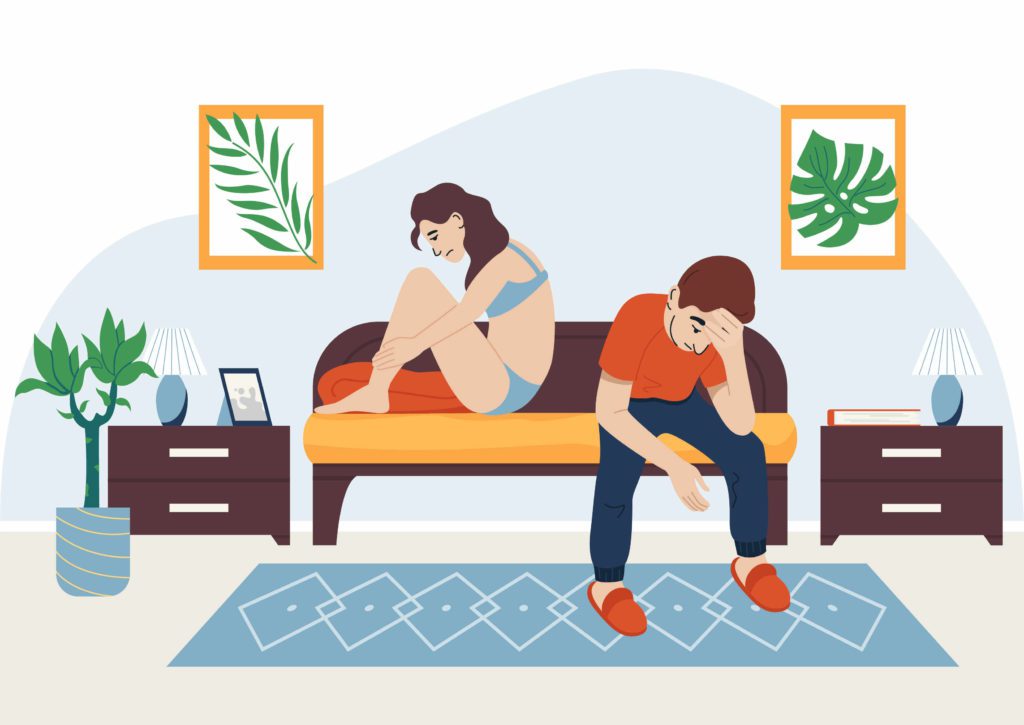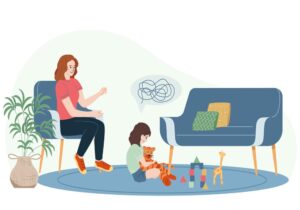10 Steps To Fix A Toxic Relationship
This article has been researched and written by Nardus Saayman. AI has not been used in producing this article.
Every relationship has its fair share of ups and downs, but when toxicity creeps in, it can become a serious challenge. Toxic relationships can be emotionally draining and detrimental to our overall well-being. However, with commitment, effort, and a willingness to change, it’s possible to fix a toxic relationship and rebuild love and harmony. In this article, we will explore ten steps that can help you navigate the path towards a healthier and happier relationship.
1. Recognize the toxicity
The first step towards fixing a toxic relationship is acknowledging the presence of toxicity. Evaluate the dynamics, patterns of behavior, and the impact it has on your emotional well-being. Identifying the signs of toxicity is crucial to initiating change.
2. Open communication
Effective communication is the cornerstone of any healthy relationship. Create a safe space for open and honest dialogue. Express your concerns and listen attentively to your partner’s perspective. Avoid blame or judgment, focusing instead on understanding each other’s feelings and needs.
3. Seek professional help
Sometimes, fixing a toxic relationship requires the guidance of a professional. Consider seeking therapy or couples counseling to facilitate constructive conversations and learn healthier ways of relating to one another. A therapist can offer valuable insights and strategies to address underlying issues.
4. Set boundaries
Establishing clear boundaries is essential in any relationship. Define what is acceptable and what is not, and communicate these boundaries to your partner. Boundaries help protect your emotional well-being and promote respect within the relationship.
5. Practice self-care
Nurturing yourself is vital when dealing with toxicity. Prioritize self-care activities that promote your physical, emotional, and mental well-being. Engage in hobbies, exercise, spend time with loved ones, and practice mindfulness techniques to reduce stress and maintain a positive outlook.

6. Foster empathy and understanding
Developing empathy towards your partner’s perspective can help bridge the gap between you. Seek to understand their underlying emotions, triggers, and insecurities. By cultivating empathy and compassion, you create an environment conducive to healing and growth.
7. Take responsibility for your actions
Recognize your own contribution to the toxic dynamics and take responsibility for your actions. Identify any negative patterns or behaviors you engage in and commit to making positive changes. By owning up to your mistakes and actively working on self-improvement, you lead by example and inspire your partner to do the same.
8. Reinforce positivity
In toxic relationships, negativity often overshadows positive aspects. Make a conscious effort to reinforce positivity in your interactions. Celebrate small victories, express gratitude, and engage in activities that bring joy and laughter into your lives. This helps to shift the focus from negativity and rebuild emotional connection.
9. Foster trust and forgiveness
Rebuilding trust is a crucial step in fixing a toxic relationship. Trust can be restored by being consistent, keeping promises, and following through on commitments. Additionally, practice forgiveness for past hurts and work towards healing emotional wounds. Forgiveness allows space for growth and rebuilding a stronger bond.
10. Evaluate progress and make tough decisions
Regularly assess the progress of your efforts to fix the relationship. Reflect on whether both partners are equally committed to change and if the toxicity is improving. In some cases, despite the best efforts, a toxic relationship may be irreparable. Be prepared to make the tough decision of ending the relationship if it becomes clear that it’s detrimental to your well-being.

Repair Your Toxic Relationships with Clearminds
Rebuilding a toxic relationship may seem like a daunting challenge, but it is not insurmountable. By prioritizing the rebuilding of trust, establishing clear boundaries, and nurturing mutual respect, therapy can play a pivotal role in helping couples rediscover love and harmony. At Clearminds, we offer invaluable couples therapy to aid individuals on their journey towards cultivating positive and healthy relationships. Through the guidance of expert professionals and tailored counseling sessions, Clearminds empowers individuals to identify the underlying issues that contribute to toxicity and fosters the development of healthier communication patterns. Utilizing a range of therapeutic techniques such as couples and individual counseling, Clearminds equips couples with the necessary tools to break free from destructive patterns and construct a stronger, more fulfilling partnership.
Contact a member of our team to schedule your couples therapy today.
How Psychoeducational Assessments Help Shape Better Learning Plans in School
No two children are the same. Every child brings a unique mix of strengths, challenges, and ways of …
Can Relationship Counseling Work for Toxic Relationships?
Relationships can be complicated, emotional, and at times, painful. While every couple experiences ups and downs, some relationships …
10 Signs You May Have Anxiety
Anxiety is a normal and natural human response to stress, danger, or uncertainty. However, when anxiety becomes excessive, it can …
Child Sleepwalking and Talking: What You Need to Know
Childhood is a time of rapid development, filled with new experiences—and sometimes, surprising nighttime behaviors.
Questions a Child Psychologist Might Ask
When preparing for your child’s first appointment with a psychologist, it’s natural to feel curious—or even a little anxious—about what …
55 Love Questions for Couples to Deepen Your Relationship
In any relationship, communication is key. Whether you’re just starting out or have been together for years, asking meaningful
Stress vs. Anxiety vs. Burnout: How to Recognize the Difference
In today’s fast-paced world, understanding the differences between stress, anxiety, and burnout is crucial for …
Relocation Depression: Definition and Ways to Cope
Relocation depression, also known as moving depression, is a form of situational depression that arises from the stress …
How to Help Your Child with Anxiety Through Divorce
Divorce is a significant change that affects every member of a family. For children, the uncertainty and adjustments …
Depression vs Sadness: Understanding the Difference
While often used interchangeably, the terms “sadness” and “depression” represent distinct emotional states, each with …











